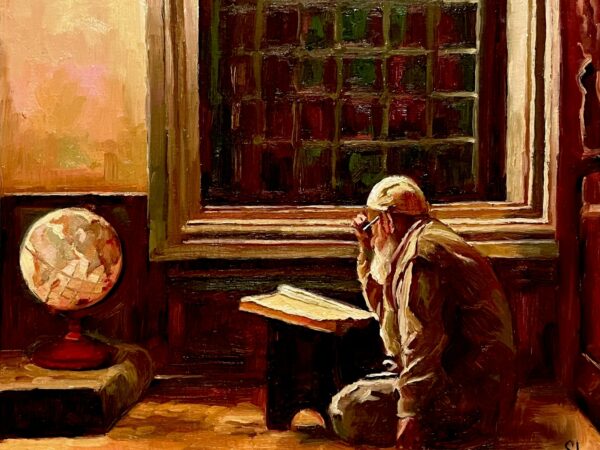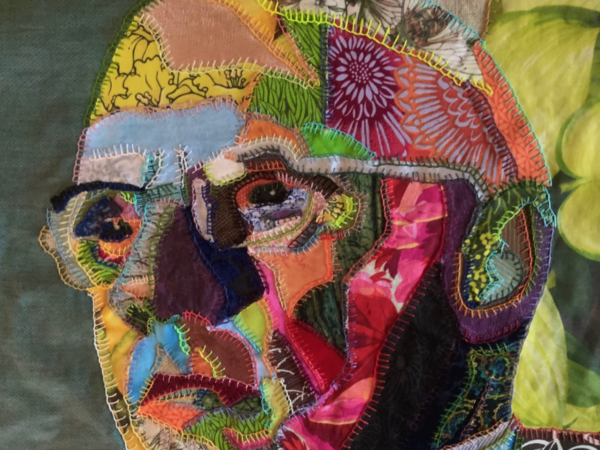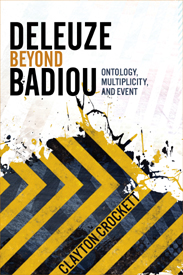
The idea of the modern secular presupposes the existence of a holistic premodern world in which the amorphous phenomenon of religion penetrated all realms of life. But the existence of an Islamic distinction between the religious and non-religious domains suggests otherwise: not a latent secularity, but rather a difference of an altogether different kind. But if it is not equivalent to the “secular,” then what is it?

For political theology, we might find ourselves compelled by practices that seek to connect us with our ecologies, our communities, and our relations with ourselves – in ways that are more about humility and provisionality than finding cures or solutions.

Clayton Crockett’s Deleuze Beyond Badiou is more than a commentary on Badiou’s reading of Deleuze or a defense of Deleuze. It is, rather, a transdisciplinary work that crosses the domains of theology, philosophy, and politics through a reading of the relationship between Deleuze and Badiou. Crockett’s goal, however, is not primarily descriptive but constructive, in that he uses the relationship between the two philosophers as a means for thinking otherwise.
